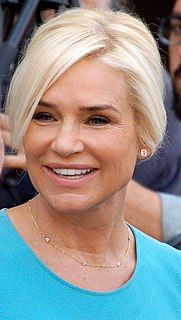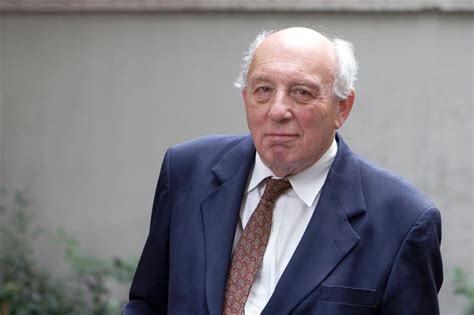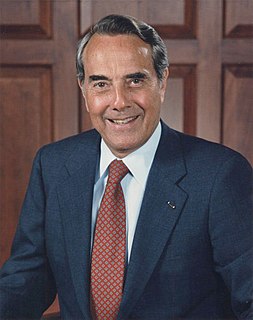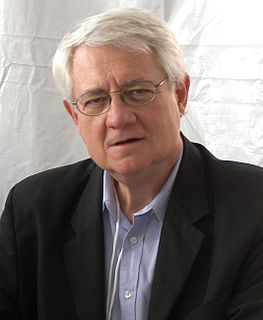A Quote by Yolanda Hadid
Anyone that was raised with a Germanic language will agree that our tone is strong, especially once translated into English.
Related Quotes
I have a few minor rules for myself but I break them all the time. For example, when translating from Romance languages to English, there is often a choice between a Latinate cognate and a Germanic equivalent. An easy example would be the Portuguese escuridão: English offers both obscurity and dark or darkness, and some translators will tell you the Latinate word is generally reserved for poetic and figurative expressions, while the Germanic word is used for colloquial and idiomatic use.
In fact, many of the quotes in my books are quotes which were translated from English and that I read already translated into Spanish. I'm not really concerned with what the original version in English was, because the important thing for me is that I received them already translated, and they've influenced my original worldview as translations, not as original quotations.
With all the divisive forces tearing at our country, we need the glue of language to help hold us together. If we want to ensure that all our children have the same opportunities in life, alternative language education should stop and English should be acknowledged once and for all as the official language of the United States.
I have a funny relationship to language. When I came to California when I was three I spoke Urdu fluently and I didn't speak a word of English. Within a few months I lost all my Urdu and spoke only English and then I learned Urdu all over again when I was nine. Urdu is my first language but it's not as good as my English and it's sort of become my third language. English is my best language but was the second language I learned.
James Joyce's English was based on the rhythm of the Irish language. He wrote things that shocked English language speakers but he was thinking in Gaelic. I've sung songs that if they were in English, would have been banned too. The psyche of the Irish language is completely different to the English-speaking world.
Translated literature can be fascinating. There's something so intriguing about reading the text second hand - a piece of prose that has already been through an extra filter, another consciousness, in the guise of the translator. Some of my favorite writers who have written in English were doing so without English being their first language, so there's a sense of distance or of distortion there, too. Conrad. Nabokov. These writers were employing English in interesting ways.









































